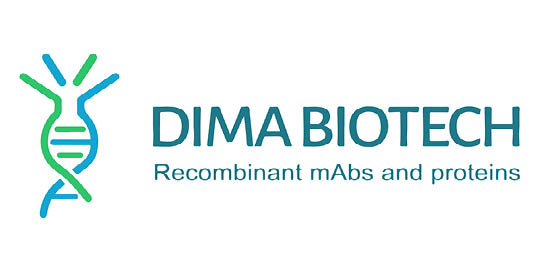Human HRH1-Strep full length protein-synthetic nanodisc
Human HRH1-Strep full length protein-synthetic nanodisc
Artikelnummer
DMAFLP120330-50
Verpackungseinheit
50 µg
Hersteller
DIMA Biotechnology
Verfügbarkeit:
wird geladen...
Preis wird geladen...
Background: Histamine is a ubiquitous messenger molecule released from mast cells, enterochromaffin-like cells, and neurons. Its various actions are mediated by histamine receptors H1, H2, H3 and H4. The protein encoded by this gene is an integral membrane protein and belongs to the G protein-coupled receptor superfamily. It mediates the contraction of smooth muscles, the increase in capillary permeability due to contraction of terminal venules, the release of catecholamine from adrenal medulla, and neurotransmission in the central nervous system. It has been associated with multiple processes, including memory and learning, circadian rhythm, and thermoregulation. It is also known to contribute to the pathophysiology of allergic diseases such as atopic dermatitis, asthma, anaphylaxis and allergic rhinitis. Multiple alternatively spliced variants, encoding the same protein, have been identified. [provided by RefSeq, Jan 2015]
Description: Human HRH1-Strep full length protein-synthetic nanodisc
Molecular Weight: The human full length HRH1-Strep protein has a MW of 55.8 kDa
Protein Families: GPCR,Transmembrane,Druggable Genome,
Protein Pathways: GPCRDB Class A Rhodopsin-like,Monoamine GPCRs,
Storage & Shipping: Store at -20°C to -80°C for 12 months in lyophilized form. After reconstitution, if not intended for use within a month, aliquot and store at -80°C (Avoid repeated freezing and thawing). Lyophilized proteins are shipped at ambient temperature.
Tag: C-Flag&Strep Tag
Expression Host: HEK293
Formulation & Reconstitution: Lyophilized from nanodisc solubilization buffer (20 mM Tris-HCl, 150 mM NaCl, pH 8.0). Normally 5% – 8% trehalose is added as protectants before lyophilization. Please see Certificate of Analysis for specific instructions. Do not use solvents with a pH below 6.5 or those containing high concentrations of divalent metal ions (greater than 5 mM) in subsequent experiments.
Target: HRH1
Uniprot ID: P35367
Usage: Research use only
Description: Human HRH1-Strep full length protein-synthetic nanodisc
Molecular Weight: The human full length HRH1-Strep protein has a MW of 55.8 kDa
Protein Families: GPCR,Transmembrane,Druggable Genome,
Protein Pathways: GPCRDB Class A Rhodopsin-like,Monoamine GPCRs,
Storage & Shipping: Store at -20°C to -80°C for 12 months in lyophilized form. After reconstitution, if not intended for use within a month, aliquot and store at -80°C (Avoid repeated freezing and thawing). Lyophilized proteins are shipped at ambient temperature.
Tag: C-Flag&Strep Tag
Expression Host: HEK293
Formulation & Reconstitution: Lyophilized from nanodisc solubilization buffer (20 mM Tris-HCl, 150 mM NaCl, pH 8.0). Normally 5% – 8% trehalose is added as protectants before lyophilization. Please see Certificate of Analysis for specific instructions. Do not use solvents with a pH below 6.5 or those containing high concentrations of divalent metal ions (greater than 5 mM) in subsequent experiments.
Target: HRH1
Uniprot ID: P35367
Usage: Research use only

 English
English











